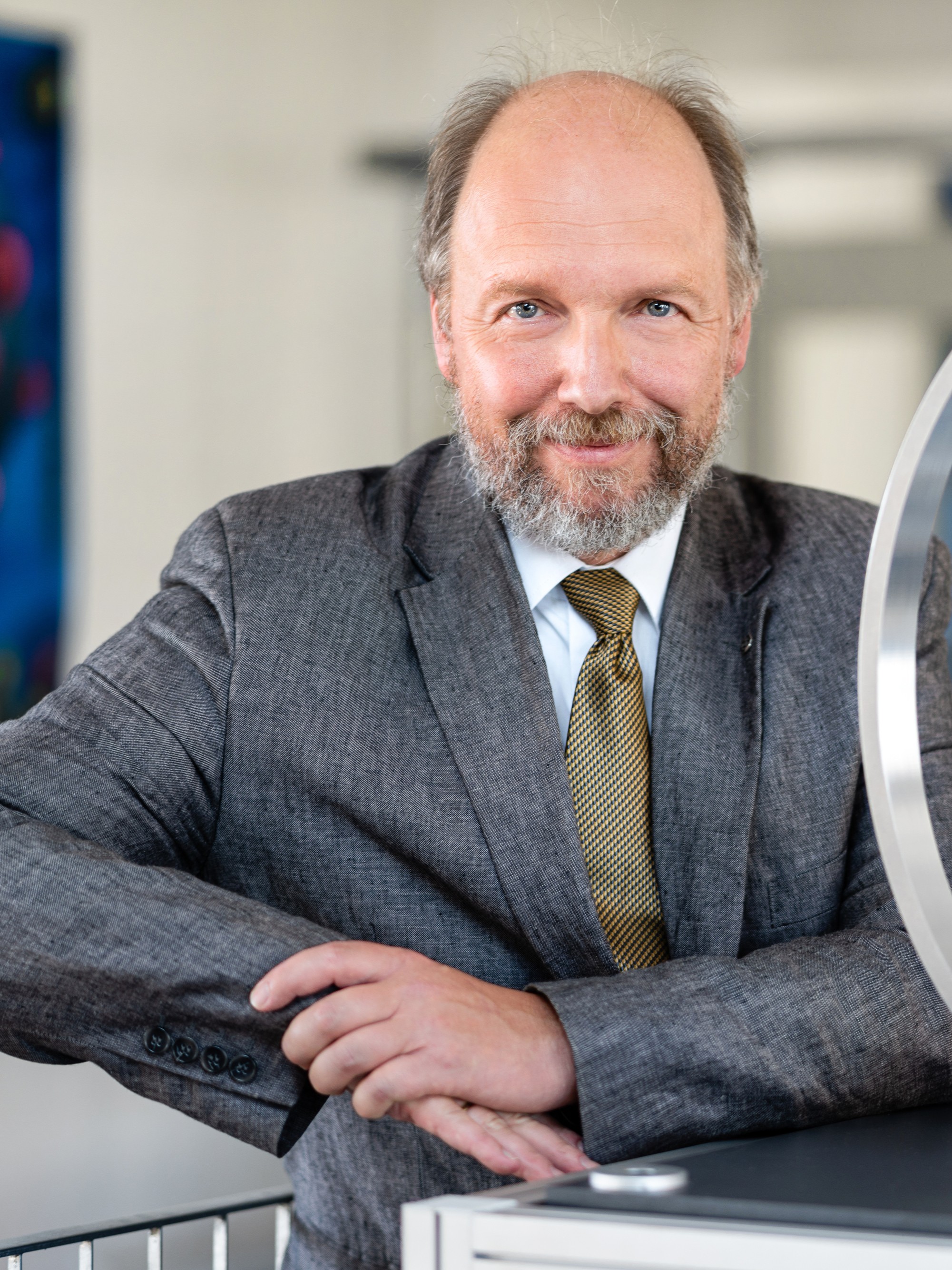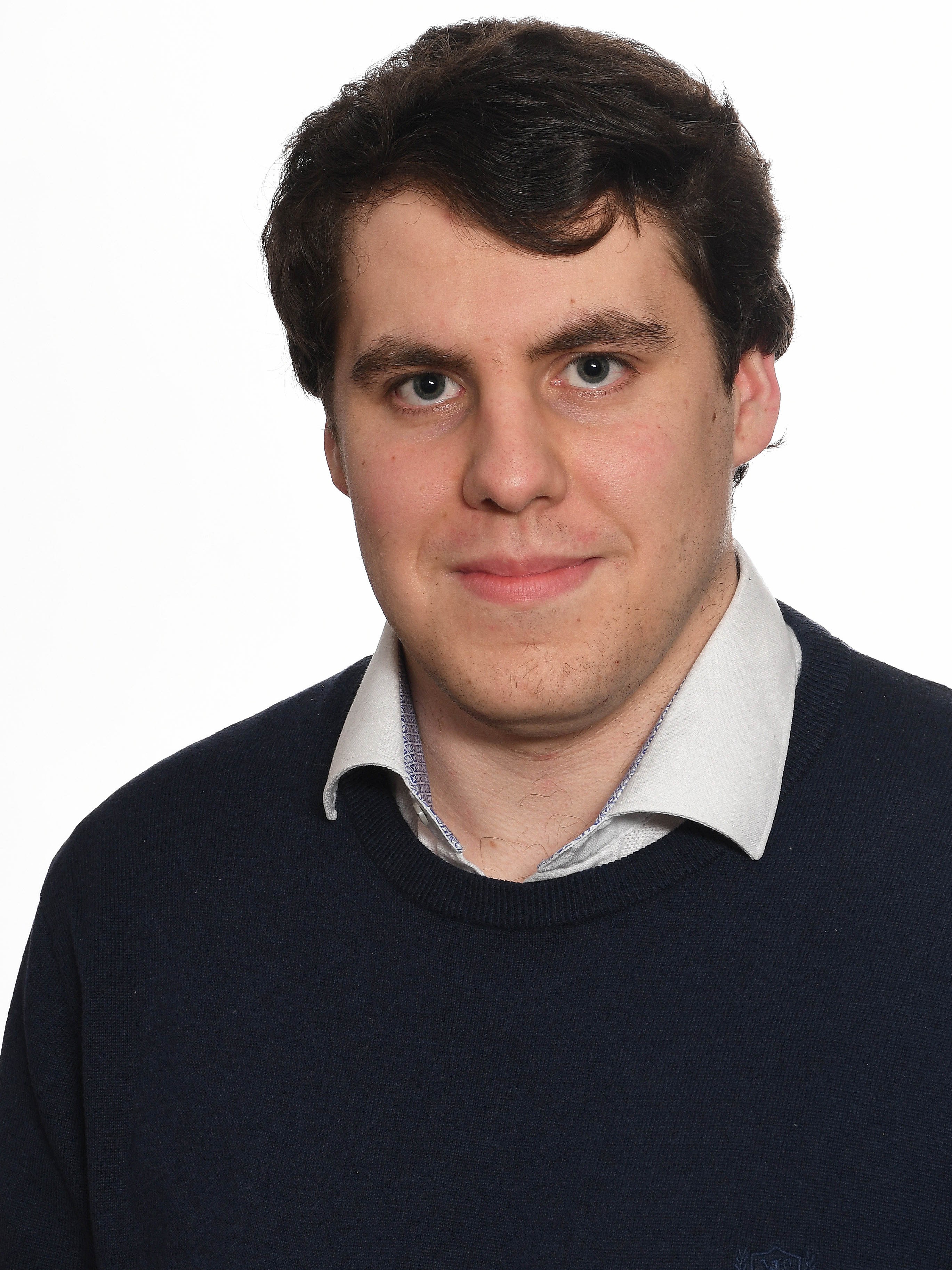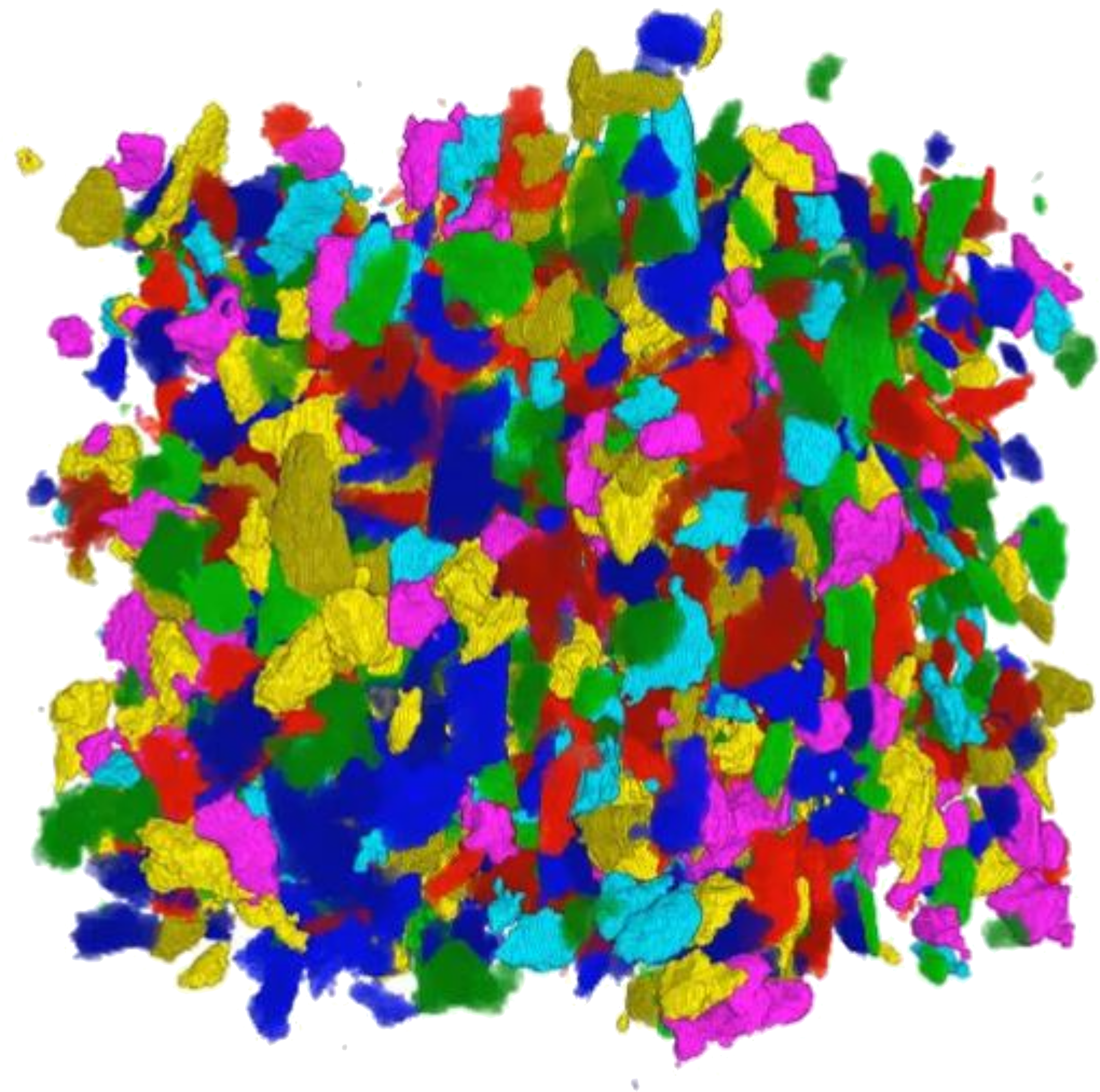Process-controlled production of structured magnetic elastomer samples, X-ray tomographic structural elucidation and macroscopic magnetorheology


Subproject description
Magnetic hybrid materials offer immense potential for technical applications in which material properties need to be controlled by external stimuli. In order to be able to tailor such materials, the causes of the magnetically induced changes in the properties of the materials must be understood in detail. The properties of the particulate microstructures in the materials and magnetically induced changes in these microstructures, i.e. the spatial arrangement and orientation of the magnetic particles, are crucial for this.
We want to record the microstructures of magnetic elastomers in three dimensions using X-ray microtomographic studies and evaluate them using digital image processing methods. The information obtained about the microstructures and their changes in the magnetic field will be correlated with results from magnetorheological investigations on macroscopic samples. At the same time, the microstructural data serve as input information and as a benchmark for the theoretical research groups. The present study is dedicated to the time-resolved observation of the structure formation process of anisotropic magnetic elastomers, with a particular focus on materials polymerized in the magnetic field.

Two complementary methods are used: investigations of stopped structure development processes at different times during the polymerization process and statistical evaluations. There are also time-resolved investigations using a newly developed X-ray tomographic method of single-particle tracking, which tracks the movement of the particles during the polymerization process.
In cooperation with the didactics working group, the sub-project also deals with the transfer of research topics to schools in order to spark pupils' interest in STEM subjects. Among other things, telepresence robots are used to enable school classes to visit laboratories at a distance. It is being investigated how the effect of perceived authenticity on interest and knowledge acquisition can be explained by the way in which laboratory visits are conducted.
